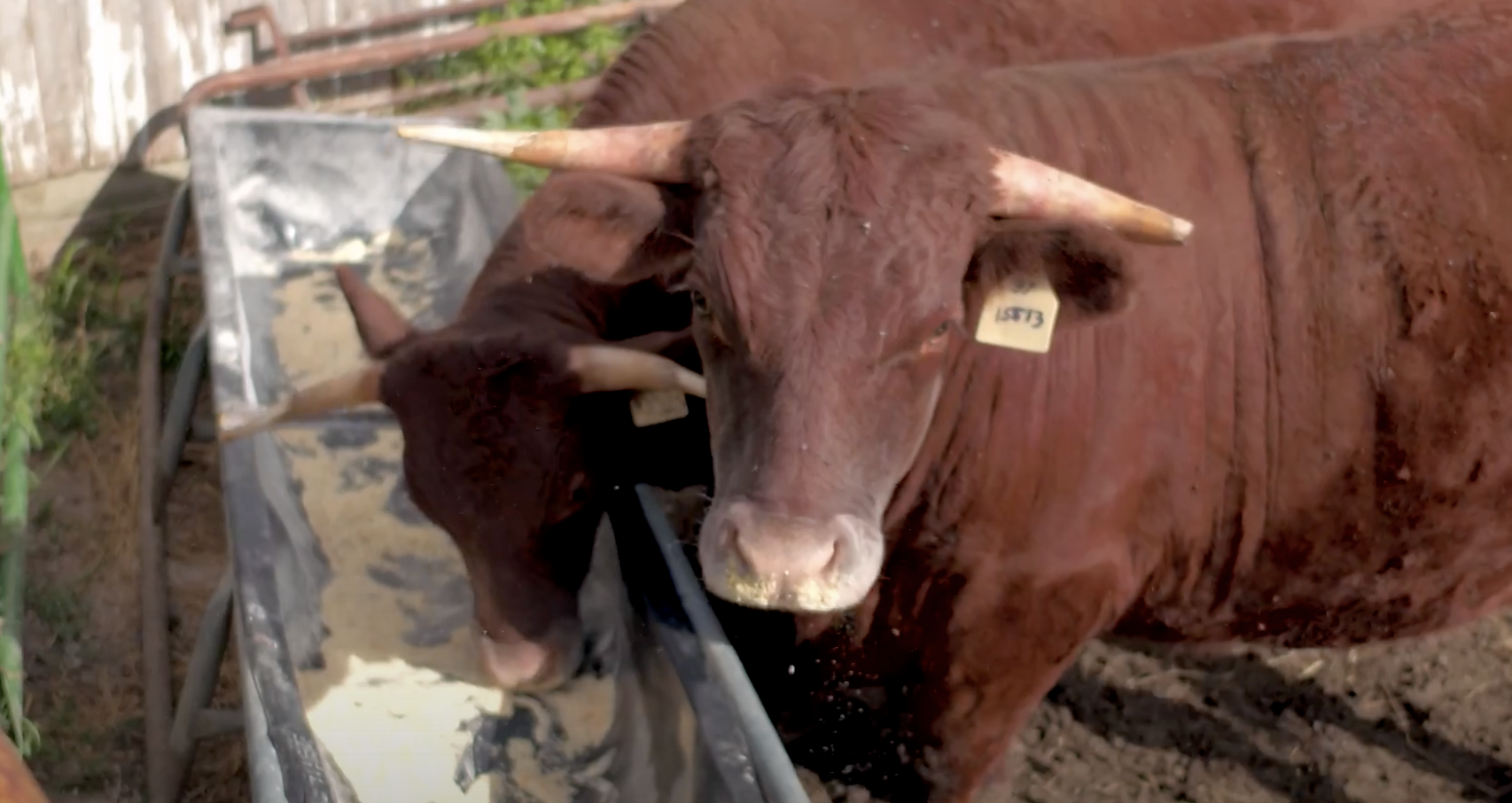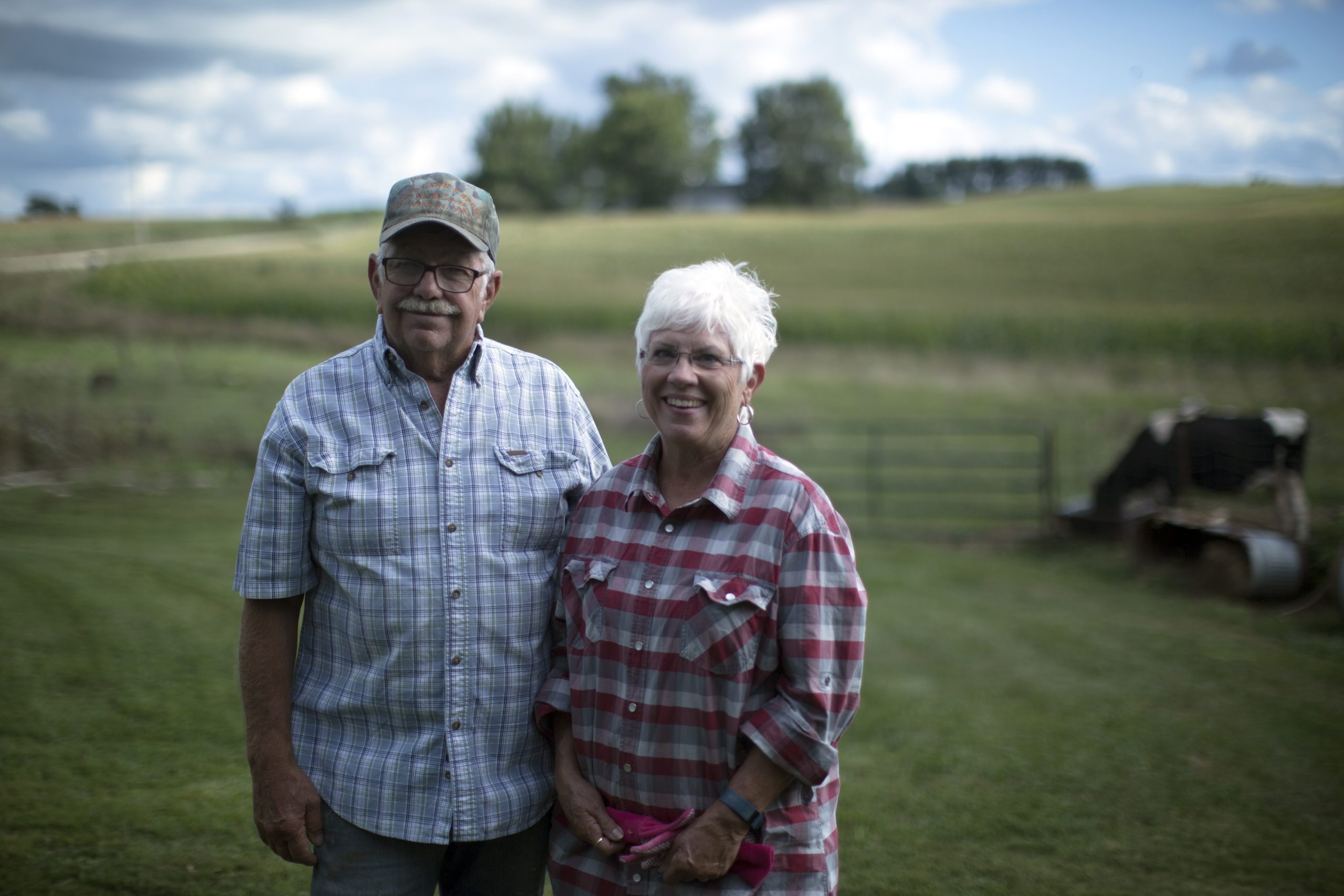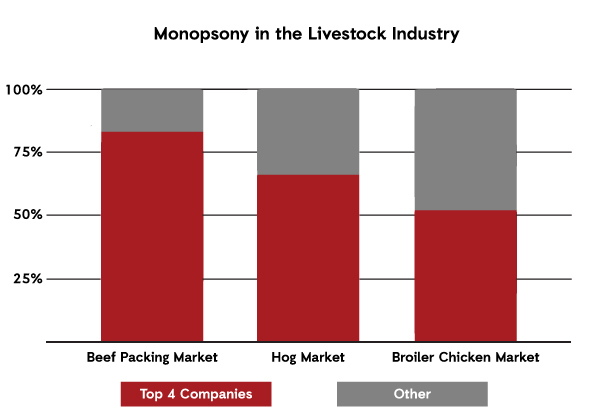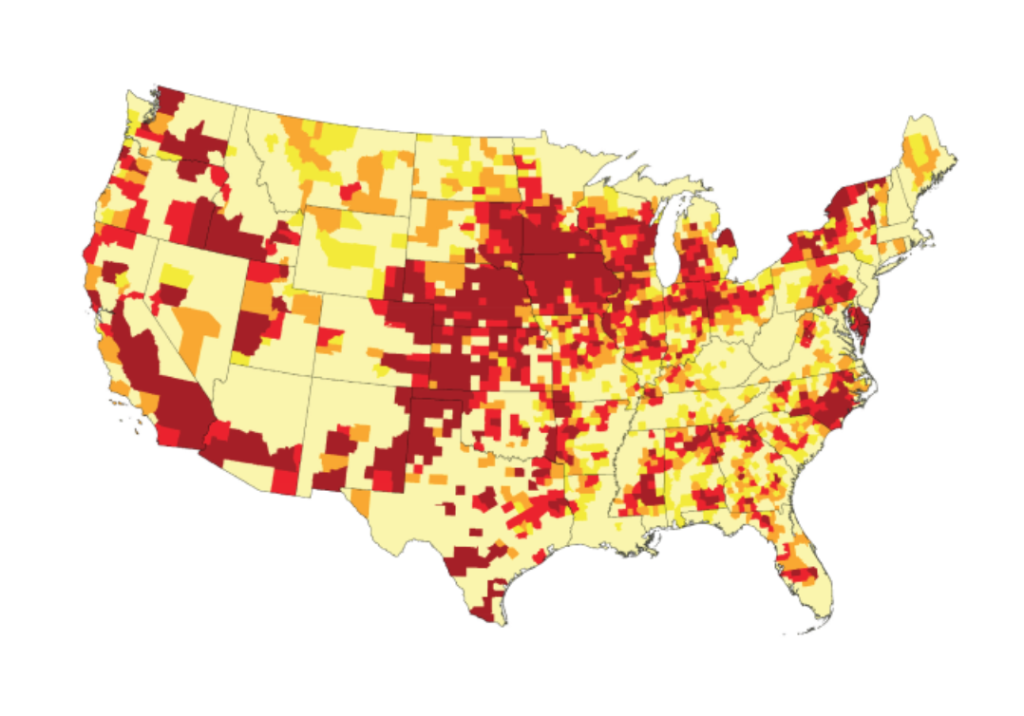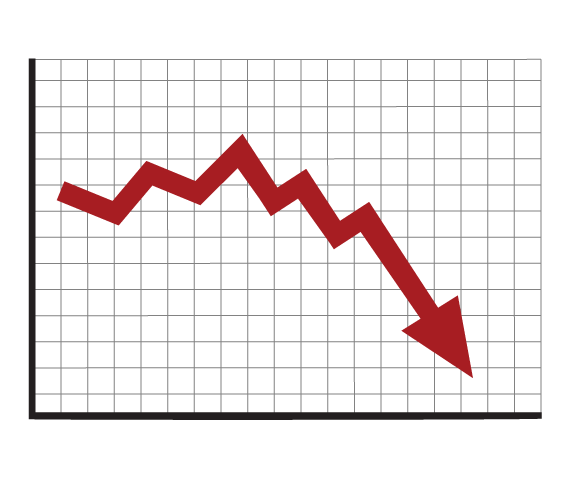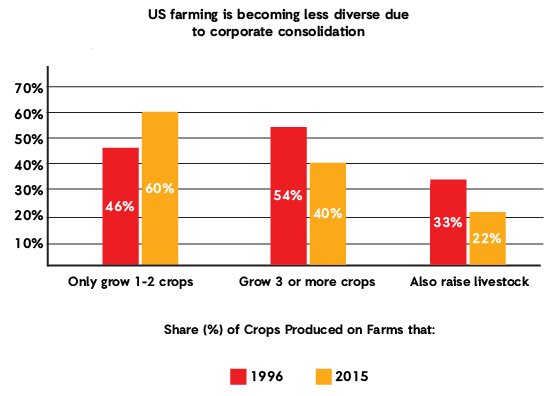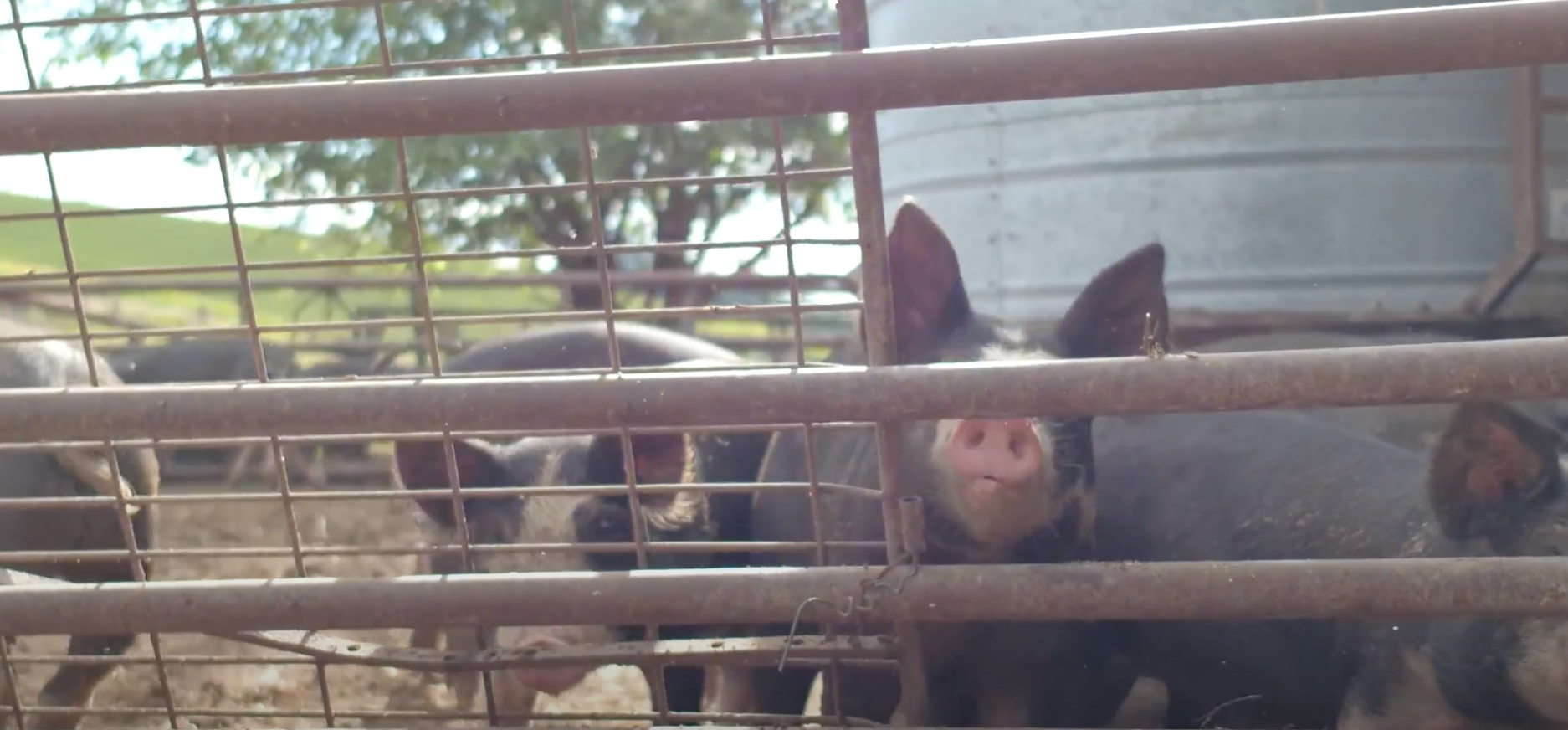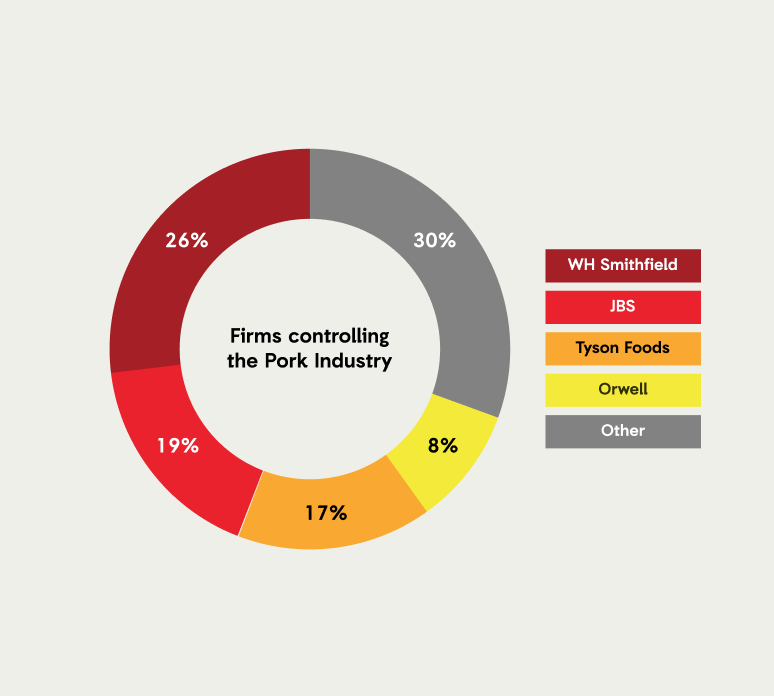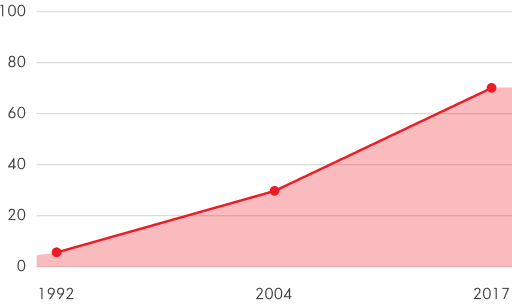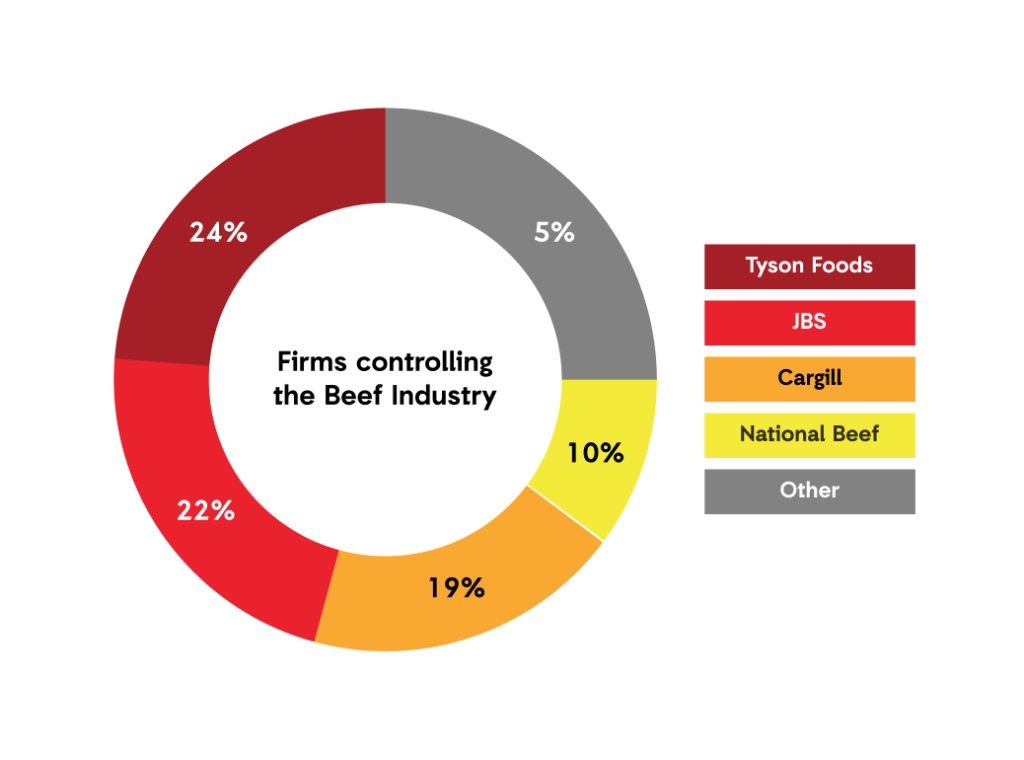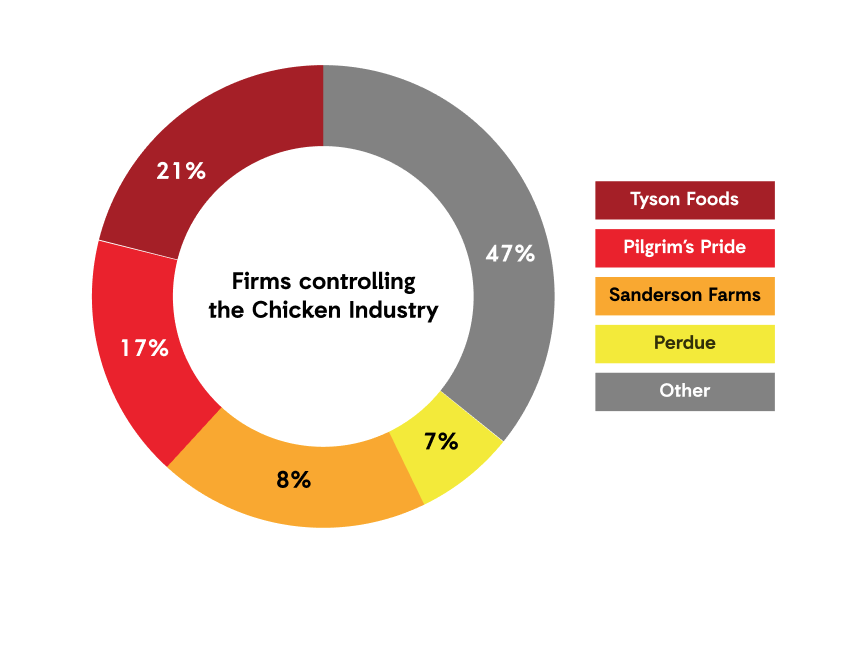How Corporate Consolidation Affects Livestock Farmers’ Everyday Lives
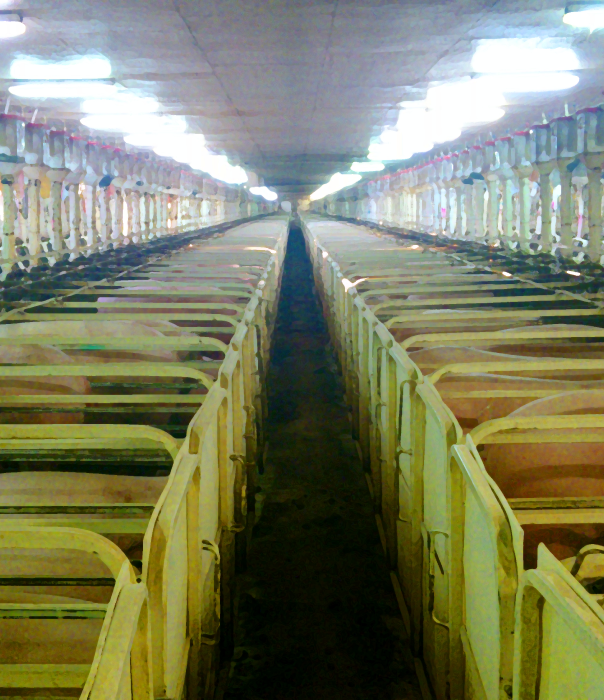
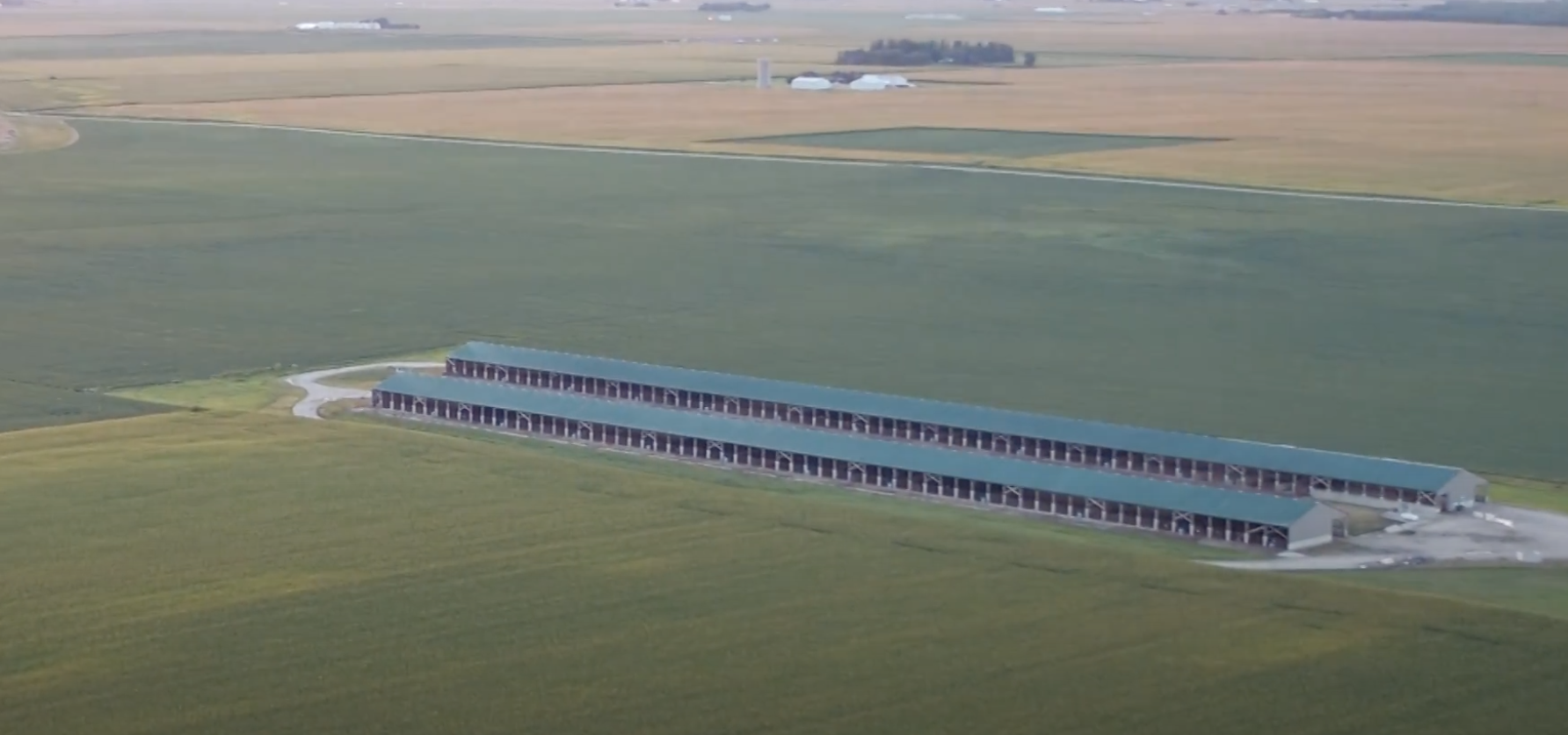
Corporate control has meant the loss of fair prices for farmers.
With all of these CAFOs producing more animals than ever, the price of livestock has fallen so low it is almost impossible to make a living wage.
The first Farm Bill, which was part of the New Deal, guaranteed farmers a fair price – which was called the “parity” price – and allowed farmers to have small, diversified family farms. It was not economical to have a big factory farm because animal feed would have been too expensive. It was much more economical – and much more sustainable – to raise a few animals on a smaller farm.
But parity prices were not good for agribusiness corporations, and those corporations continually lobbied to get them cut out of future farm policy. Eventually, the prices of crops and livestock were put entirely on the free market, which is also when the factory farms and the corporations really started coming in.
With all of these CAFOs producing more animals than ever, the price of livestock has fallen so low it is almost impossible to make a living wage. And when livestock moved off the family farm and into CAFOs, farms lost use for grass and for other grazing crops like clover and alfalfa. That meant that you lost your sustainable crop which was also a nice income stream. Instead of producing a variety of crops, now most of the Midwest is focused on just raising corn and soybeans since those are the only crops with a market.
When livestock moved off the family farm and into CAFOs, farms lost use for grass and for other grazing crops like clover and alfalfa. That meant that you lost your sustainable crop that was a viable income stream. Most of the Midwest focused on raising corn and soybeans since those are the only crops with a market.
With prices for those crops so low, farmers are trying to raise as much as they can to make ends meet. That means that corporate farming has destroyed almost all the biodiversity in the state.
